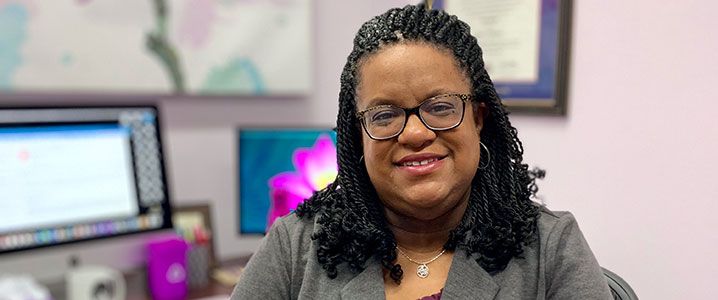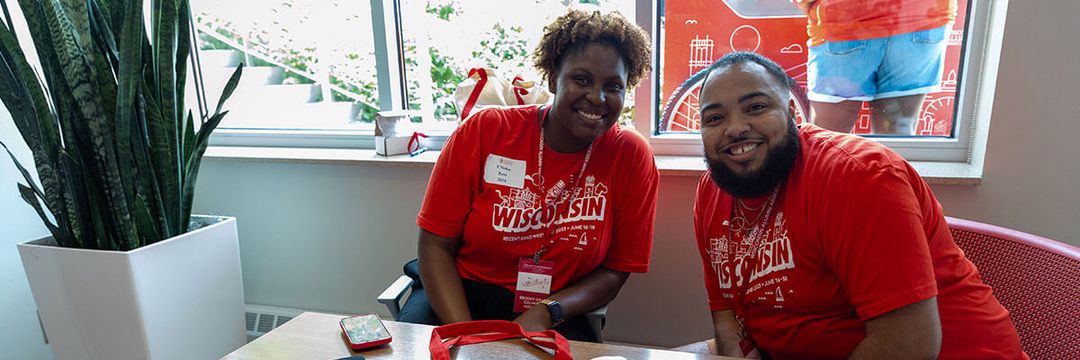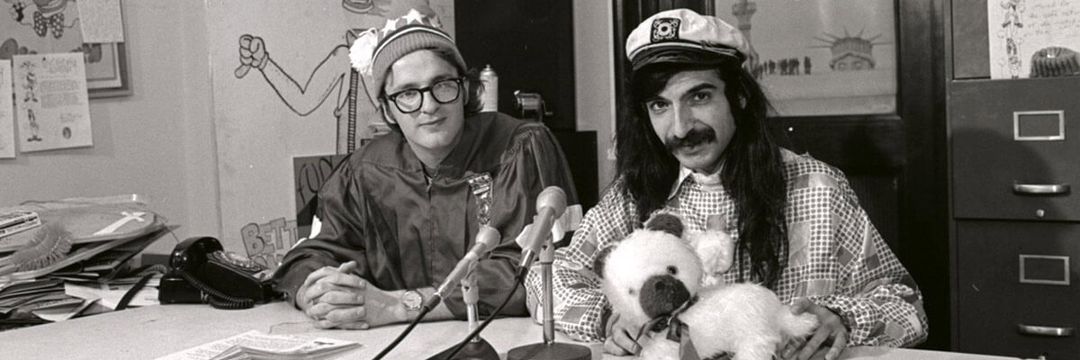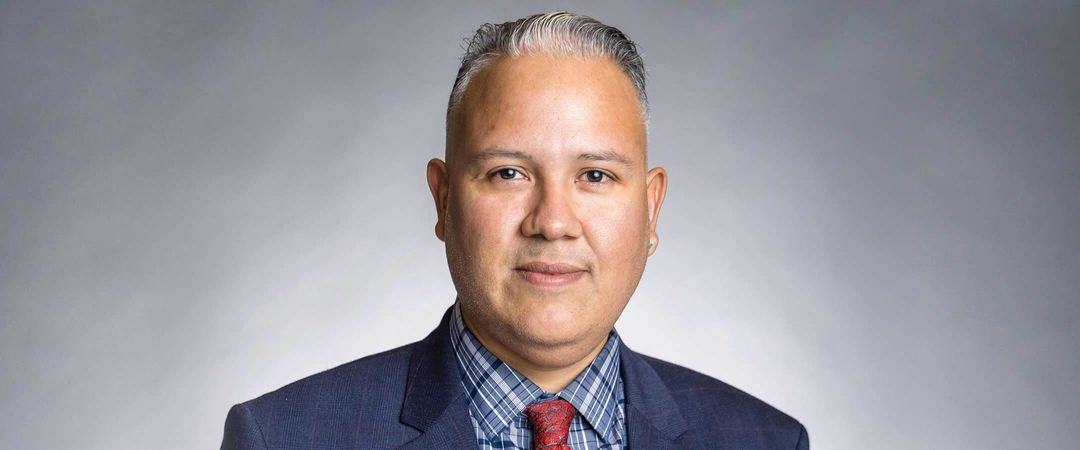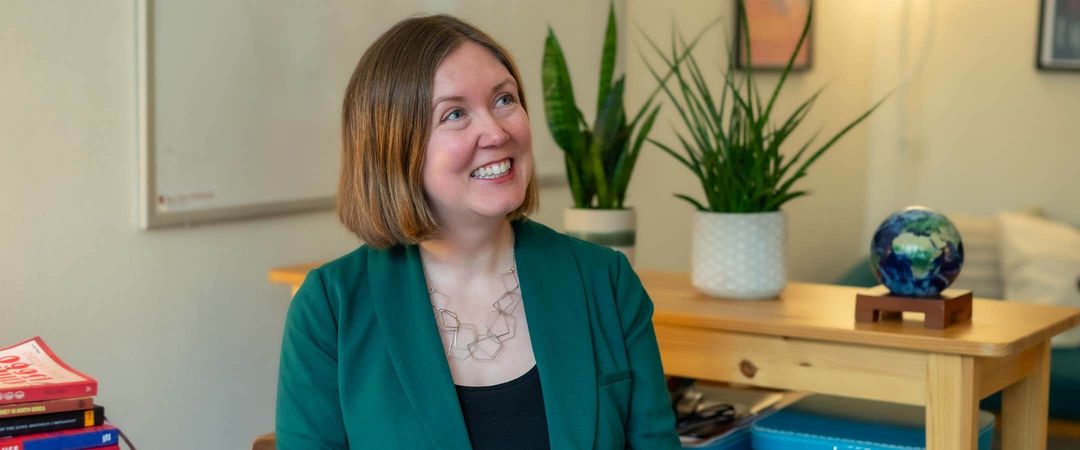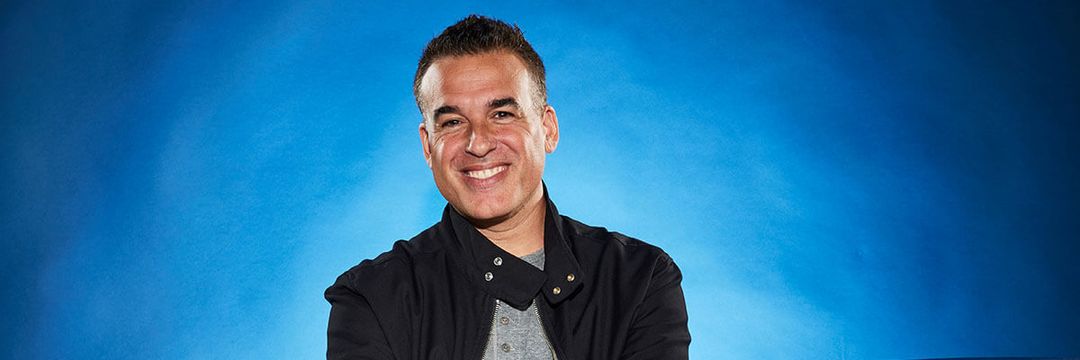Erika Bullock, an assistant professor in the UW’s School of Education, is digging deep to identify structural hurdles in mathematics education.
A former mathematics teacher, Bullock now examines racial exclusion in mathematics education and how research about it can perpetuate that exclusion — despite its opposite intent. She studies work dating back to the early 1900s and has learned that current research and strategies surrounding equity in the classroom have neither changed nor adapted over time — meaning that the research does not work effectively, she says.
“[Today] we have a very progressive conversation generally, but we don’t always interrogate the systems of thinking underneath what we do,” Bullock says. “When you don’t take up this interrogation, you end up with a narrative of progress in reform on one hand and an achievement-gap narrative on the other. How can there be progress if these gaps exist? These two narratives can coexist because there is never an effort to consider what makes the progress narrative possible and the achievement-gap narrative necessary.”
She asserts that researchers need to understand how their work has “done the same thing in different clothes” throughout time, so that it can be approached differently moving forward and create a new evidence base for changes in mathematics education. A new set of research-based practices can contribute to different happenings in the classroom in the long run, she says.
As a part of her work, Bullock also looks closely at the use of “urban” in research, noting that the term is often used as a way to signify race and class instead of location, and she examines how this language connects to mathematics education.
“It’s about us looking at, ‘What does it mean to think about how mathematics functions relative to urban space?’ But then also to say, ‘We have to disconnect our discussions of urban from our discussions of race and of class, because they are all very specific things that need to be talked about separately and thought about separately,’ ” she says.
My assigned reading includes:
I’m teaching a course in black feminist thought. One of my favorite books that I have assigned my students is called Beyond Respectability: The Intellectual Thought of Race Womenby Brittney Cooper.
At the moment, I’m reading:
I just started Toni Morrison’s new book, The Source of Self-Regard. I’m really excited about that one. It’s a book of essays and some speeches that she’s given. She’s one of my favorite writers.
The one thing that everyone needs to read is:
There’s this book by Derrick Bell called Ethical Ambition: Living a Life of Meaning and Worth that I think is really important for people to read and think about — what are the ethics behind our goals and our ambitions, and how do we think about who we are in terms of spirit and souls relative to what we do in terms of our profession or our different ambitions? I think the challenge that he gives us to really balance and think about those together is really important.
I like to reread:
Recently I reread Alice Walker’s In Search of Our Mothers’ Gardens, which was really personally impactful for me. I read it in high school for the first time, and I read it again in college, and it’s been a long time since I read it. It’s one of those things that I come back to and begin to understand the piece and also myself differently every time I read it.
Some favorite pieces I’ve been working on are:
[A history piece], “Mathematics Curriculum Reform as Racial Remediation: A Historical Counterstory,” that was released in April, I’m really excited about. That is a chapter in a book, Critical Race Theory in Mathematics Education.… I am also working toward a book project that is working on the idea of the inequitable-ness of equity. The idea that our equity discourses and equity conversations are actually necessarily not getting us to any equitable positioning. … I also have a paper [in revision] that I’ve coauthored with a colleague from Northeastern Illinois University. [It] explores the relationships among mathematics, mathematics education, and the prison-industrial complex.
Are you an avid reader? Check out the Wisconsin Alumni Association’s page on goodreads.com, featuring books by alumni authors.
